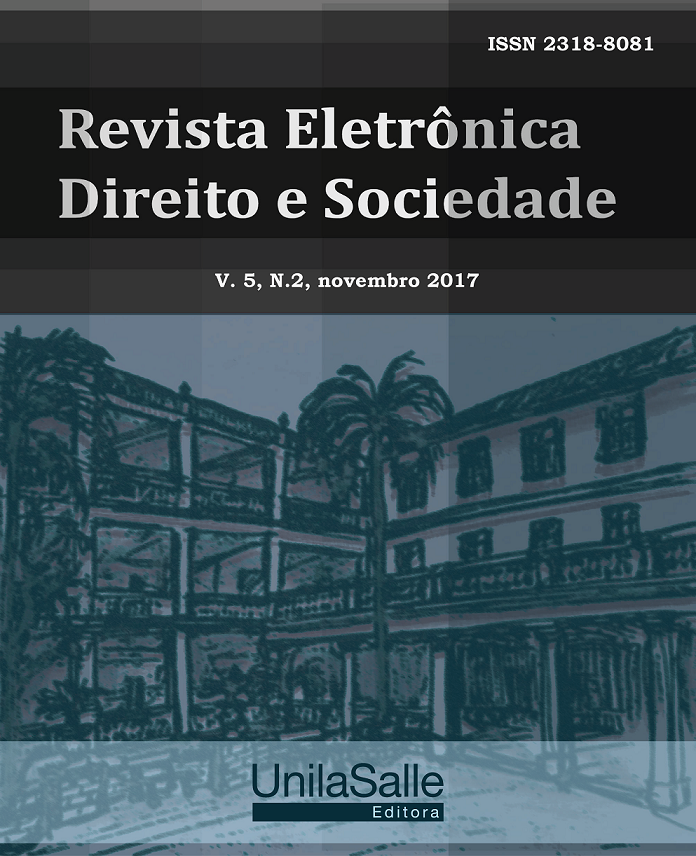Game Theory applied to the liquidation of a marital partnership
DOI:
https://doi.org/10.18316/redes.v5i2.3816Keywords:
Game Theory, Divorce, Liquidation, Conjugal Society.Abstract
Game theory and law can be perfectly combined to analyze negotiation scenarios in real situations such as to analyze negotiation scenarios in real situations such as: the partition of an inheritance, the liquidation of a debt, the liquidation of a civil or commercial company, among others. In this paper, we analyze a real case of liquidation of a marital partnership, where the monetary income of both spouses is in dispute, as well as the social fund of the marital partnership is in dispute. Based on the Civil Code of the Federal District (now Mexico City) and the Game Theory, we explain the ideal solution for this ideal solution for this negotiation scenario.
Downloads
Published
Issue
Section
License
Authors who submit their manuscripts for publication in the “REDES” Magazine agree to the following terms:
The authors claim to be aware that they retain copyright by giving “REDES” the right to publish.
The authors declare to be aware that the work submitted will be licensed under the Creative Commons Non-Commercial Attribution License which allows article sharing with acknowledgment of authorship and publication in this journal.
The authors declare to be aware that by virtue of the articles published in this journal have free public access.
The authors declare, under the penalty of the law, that the text is unpublished and original and that they are aware that plagiarism has been identified, plagiarized authors will be informed - willingly, to take legal action in the civil and criminal sphere - and, plagiarists will have their access to the magazine blocked.
The authors state that - in case of co-authoring - all contributed significantly to the research.
Authors are obliged to provide retractions and (or) corrections of errors in case of detection.
The authors are obliged not to publish the text submitted to “REDES” in another electronic journal (or not).
The Electronic Journal Law and Society - REDES - is licensed under a Creative Commons License. Attribution-NonCommercial 4.0 International.Based on work available at "http://revistas.unilasalle.edu.br/index.php/redes/about/submissions#copyrightNotice".
Permissions in addition to those granted under this license may be available at http://creativecommons.org/.

